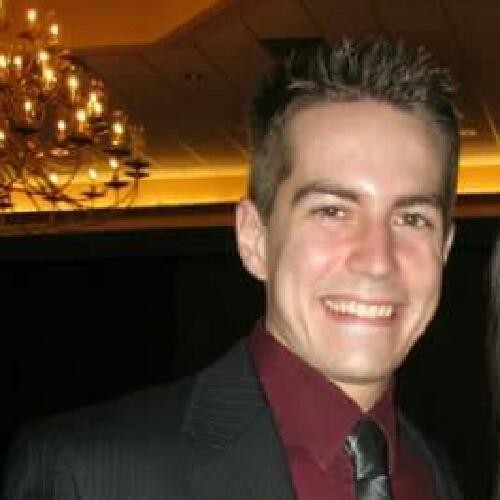Jeff asked
Lost significant weight. I'm taking low doses of lisiniopril in morning and lisiniopril hctz at night. I have been experiencing waking at 2-3 in the morning. Could medication be the reason as in being too much since weight was reason for high blood pressure and now I've lost quite a bit. Last reading was 120/82
Answer

Based only on what you've shared here, it is definitely possible that the medication is causing your waking up at night. The first thing I would look at is the HCTZ component of your evening lisinopril/HCTZ.
Hydrochlorothiazide Diuretic Effects
HCTZ is hydrochlorothiazide, a very commonly prescribed drug for high blood pressure that is classified as a diuretic. The term diuretic refers to a drug or substance that causes water loss from the body through the urine. While the main protective and blood-pressure lowering effects of HCTZ occur via other mechanisms, the diuretic effect is the one that is readily apparent to patients, in the form of increased trips to the bathroom and increased urine volume. For this reason, HCTZ is usually given in the morning, or at least not right before bedtime.
So my first question would be, "Why are you waking up?" Is it to use the bathroom? How long has this been happening, and how frequently/consistently does it happen? Make a note of how often you wake up and have to urinate. If you don't actually go to urinate, make a note of how full your bladder feels. Your body doesn't have a particular level of bladder fullness that will cause you to awaken, and some people can go an entire night's sleep without awakening to urinate.
However, if your bladder fills a bit faster than usual (like after you take diuretic medication), it can trigger the stretch receptors that tell your brain your bladder is filling up. That can cause you to awaken, because the brain creates the feeling of needing to urinate well before "urgent" levels are reached. This can be especially frustrating, because you may not take special notice if the feeling isn't urgent enough to warrant a bathroom trip. HCTZ's peak diuretic effect occurs 2-3 hours after it's absorbed from your GI tract, which could create this increased rate of bladder filling right around the 2-3 AM mark, depending on when you take it and how hydrated you are.
Hydrochlorothiazide Weight Loss
Hydrochlorothiazide isn't typically associated with weight loss but can cause various gastrointestinal side effects that may be contributing factors. These include:
- Abdominal pain
- Anorexia
- Gastric Irritation
- Nausea
- Vomiting
- Cramps
Talking To Your Doctor
I would definitely bring this up at your next doctor's visit, or earlier if your next appointment is more than 30 days off. It may be a simple matter of switching what pill you take in the morning and what one in the evening. There is good evidence that dosing lisinopril twice daily like you're on provides greater blood pressure reduction than once daily dosing, so it would make sense to begin by moving the HCTZ dose to the morning.
Make sure you discuss this with your doctor before making any changes to your medication regimen, or if you begin or discontinue any other prescription or non-prescription meds or dietary supplements. In the meantime, stay hydrated, but avoid consuming more water or liquid than you need to take your pill in the couple hours before bed. Trying to use the bathroom right before you go to bed, even if you don't really feel the need to, might also help reduce nighttime wake up calls.
If you're waking up and it's clear to you that it isn't related to the need to urinate, it's all the more important that you bring this up to your doctor sooner than later so the two of you can review potential causes of this change.




